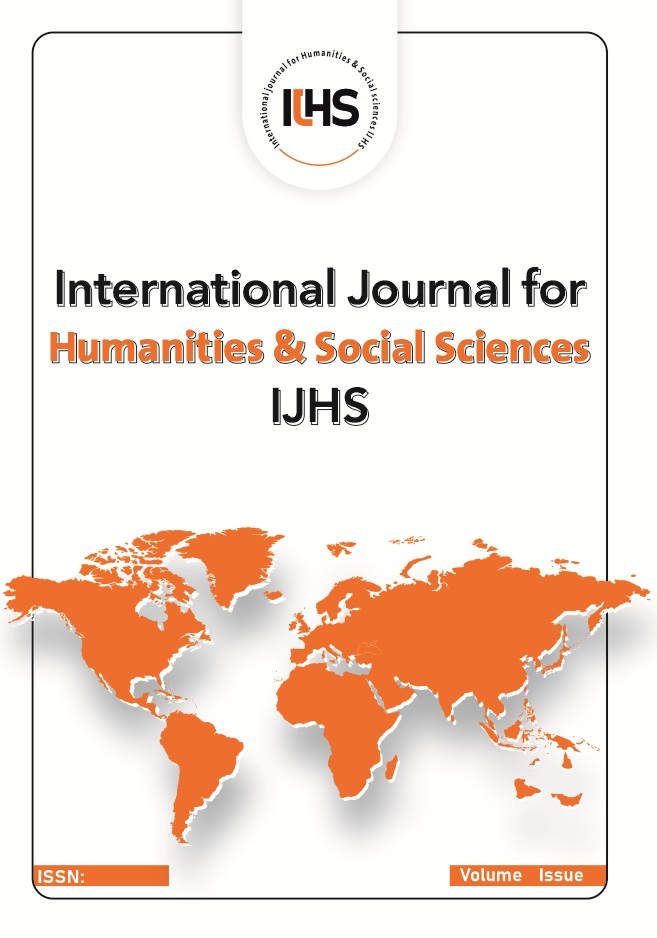The Impact of Project Based Instruction on English Language Achievements: The mediating role of ‘Motivation and Group work’ for Language Teaching Research.
Main Article Content
Abstract
Although researchers have found project based learning (PBL) as a strategy with strong significant effect on academic achievements in English among second language learners, less is highlighted about how motivation and group work impact the facilitation of this pedagogic method amidst the challenges of its implementation in current classrooms. Previous works lacked empirical evidence for the mediating role of motivation and group work in the relationship. This study examined the pathways through which second language (L2) learning skills and life skills were improved through PBL via the mediators. One hundred first year students of Michael Okpara University of Agriculture, Nigeria were subjected to various authentic problem-solving, critical thinking and life skills through the mediators. Data were generated through the instrument of direct projects and report writing on learners’ perception of working in groups and their motivation to achieve academic projects. The projects were scored using the scales of originality of projects, aesthetic value, and the surface assessment of durability of projects. Results showed no record of low performance of learners with PBL. Content analysis of learners’ perception on PBL, analysed in simple percentages revealed that the effects of motivation and group work were direct on L2 achievements and eliminate anxiety, group dynamics issues, time wastage and irregularity learning associated with PBL implementation. The results suggest that project based instruction impacts L2 achievements when students are motivated and are engaged with language activities through group/ team work.
Article Details

This work is licensed under a Creative Commons Attribution 4.0 International License.
International Journal for Humanities and Social Sciences (IJHS) is licensed under the http://creativecommons.org/licenses/by/4.0, which allows users to copy, create extracts, abstracts, and new works from the article, alter and revise the article, and make commercial use of the article (including reuse and/or resale of the article by commercial entities), provided the user gives appropriate credit (with a link to the formal publication through the relevant DOI), provides a link to the license, indicates if changes were made, and the licensor is not represented as endorsing the use made of the work. The authors hold the copyright for their published work on the IJHS website, while IJHS is responsible for appreciate citation of their work, which is released under http://creativecommons.org/licenses/by/4.0, enabling the unrestricted use, distribution, and reproduction of an article in any medium, provided that the original work is properly cited.

